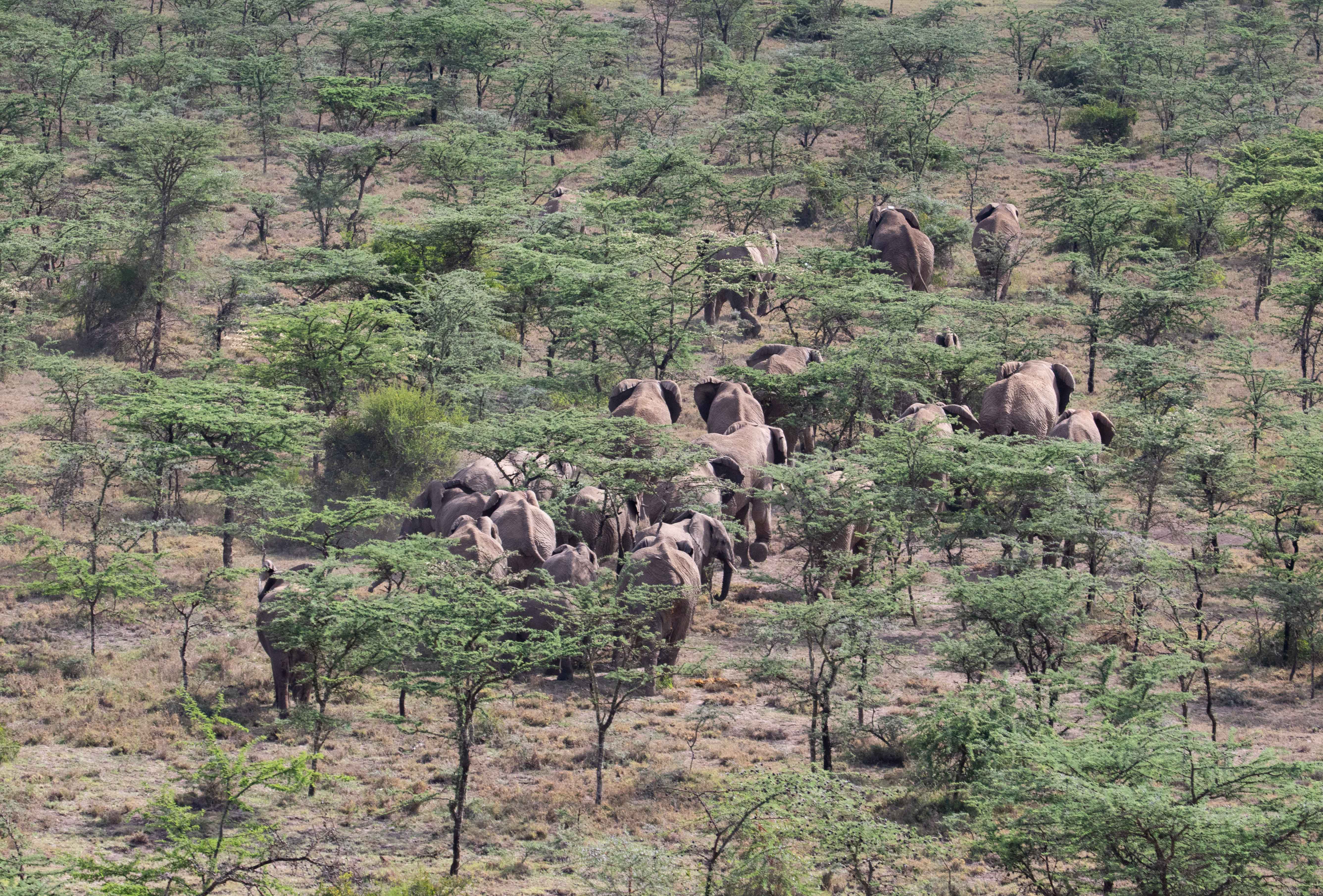Botswana’s President Masisi calls on international community to support legal ivory trade
Revenue from sale of ivory stockpile will support conservation and sustainable development he said

Your support helps us to tell the story
From reproductive rights to climate change to Big Tech, The Independent is on the ground when the story is developing. Whether it's investigating the financials of Elon Musk's pro-Trump PAC or producing our latest documentary, 'The A Word', which shines a light on the American women fighting for reproductive rights, we know how important it is to parse out the facts from the messaging.
At such a critical moment in US history, we need reporters on the ground. Your donation allows us to keep sending journalists to speak to both sides of the story.
The Independent is trusted by Americans across the entire political spectrum. And unlike many other quality news outlets, we choose not to lock Americans out of our reporting and analysis with paywalls. We believe quality journalism should be available to everyone, paid for by those who can afford it.
Your support makes all the difference.By Thobo Motlhoka for The Sunday Standard
Botswana’s President Mokgweetsi Masisi recently called on the international community to support the country’s quest to sell its current ivory stockpile.
Speaking in Stockholm, Sweden at the ‘Stockholm+50 Conference’ recently, the President asked fellow United Nations (UN) member states to be considerate of the Convention on International Trade in Endangered Species’ (CITES) member states - Namibia, Tanzania, Zambia, Zimbabwe and Botswana - who are seeking to sell their ivory stockpiles.
“As a country with the largest herd of African elephants, CITES is a major avenue for addressing conservation, community management and sustainability in wildlife issues in keeping with the Principles and Recommendations of the Declaration,” Botswana’s President said.
He said Botswana’s “huge” elephant population poses a human-wildlife conflict challenge for which the country needs help addressing.
“It is, therefore, my sincere hope that you will be considerate to our cause in seeking to sell our ivory stockpiles.”
President Masisi’s speech came on the back of the just-ended Zimbabwe Elephant Summit, where the five countries signed the Hwange Declaration, which stated, among other things, that African countries responsible for managing elephant populations should be allowed to decide how elephants are utilized and disposed of.
Zimbabwe had already threatened to quit the Convention in the lead up to the summit citing external interference on its sovereignty.
Zimbabwe sought international support to be allowed to sell its stockpile of seized ivory, saying the US$600 million it expects to earn from the sale is urgently needed for conservation purposes in relation to what they said was a rapidly growing elephant population that threatens to increase cases of human-wildlife conflict.
Botswana, Zimbabwe, and other southern African countries have repeatedly applied to biannual CITES’ conferences to be allowed to trade elephant ivory, but have lost every application. The majority of African countries do not support ending the ban, and China, the former main market, has banned all ivory trade.
Prior to the Summit, Zimbabwe National Parks and Wildlife Management Authority officials showed ambassadors from European Union countries the stockpile of ivory tusks that they said have been seized from poachers, and that were collected from elephants that died of natural causes.
Botswana also followed their neighbor in threatening to quit CITES following the Summit. The Botswana government has however refused to share with this publication information on the size of its ivory stockpile.
Director of the Department of Wildlife and National Parks (DWNP) Botswana Dr. Kabelo Senyatso told the media recently that there was nothing stopping them from quitting.
He said the DWNP had been given a mandate by the government to withdraw from CITES if need be. The Director said they had since identified some other parties to the convention who are willing to leave CITES.
According to records, at continent level the population of elephants reduced from 508 325 (in 2006) to 415 428 (in 2015). The decline was attributed to a major decline in Eastern African elephant population which decreased by half over the same period. The comparatively small populations of West and Central Africa however observed growth over the same period. Census results indicated that for Botswana, there was a significant increase in population over the same period. Elephant numbers have been estimated through aerial surveys since the 1980s.
Numbers have increased over the years with the expansion ranging from the north of the country (where they are mostly found) to the south and to the west. There is also a significant transboundary movement between Botswana and neighboring states particularly Zimbabwe.
This article is reproduced here as part of the African Conservation Journalism Programme, funded in Angola, Botswana, Mozambique, and Zimbabwe by USAID’s VukaNow: Activity. Implemented by the international conservation organization Space for Giants, it aims to expand the reach of conservation and environmental journalism in Africa, and bring more African voices into the international conservation debate.
Read the original story here:
Join our commenting forum
Join thought-provoking conversations, follow other Independent readers and see their replies
Comments